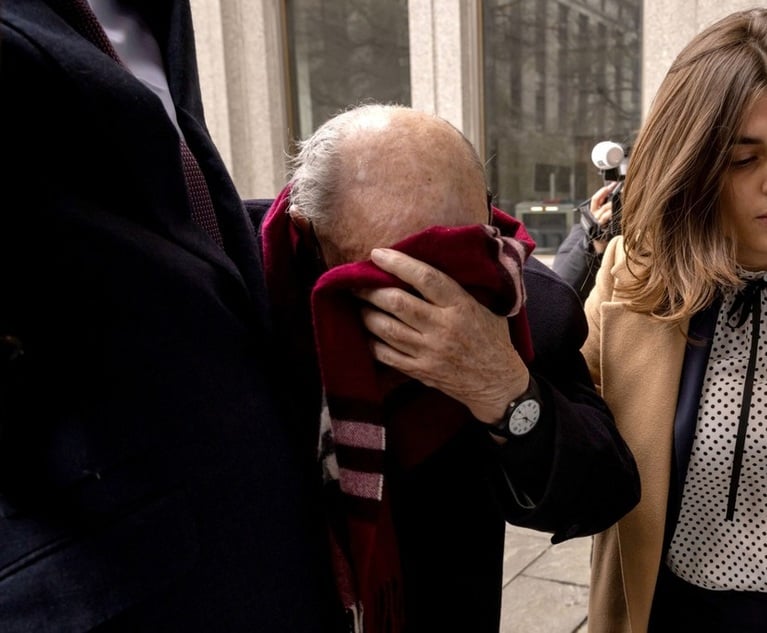In 1928, Justice Cardozo wrote the majority opinion for the Court of Appeals in Meinhard v. Salmon, 249 N.Y. 458, 164 N.E. 545 (1928), and famously described the fiduciary duty owed by one co-venturer to another as “something stricter than the morals of the market place. Not honesty alone, but the punctilio of an honor most sensitive, is then the standard of behavior.” Justice Cardozo’s articulation of the duty of loyalty imposed upon a fiduciary has endured for decades and has been cited in judicial opinions addressing the fiduciary duty owed not just by co-venturers, but in numerous other contexts. By 2005, Justice Cardozo’s opinion in Meinhard had been invoked in more than a thousand published opinions. See Robert W. Hillman, Closely-Held Firms and the Common Law of Fiduciary Duty: What Explains the Enduring Qualities of a Punctilio?, 41 Tulsa L. Rev. 441, 445 & n.24 (2005).
At the heart of the Meinhard opinion is the concept that a fiduciary has a duty of undivided loyalty and, therefore, may not exploit a corporate opportunity for his or her own self-benefit. In Meinhard, that meant that Salmon, one of the co-venturers, could not usurp a business opportunity presented by the lease of certain real estate that included property in which both he and Meinhard shared a leasehold interest. The court’s equitable remedy was to impose a trust on the entirety of the new leasehold interest obtained by Salmon, making Meinhard an equal owner. Meinhard, 249 N.Y. at 469, 472.







